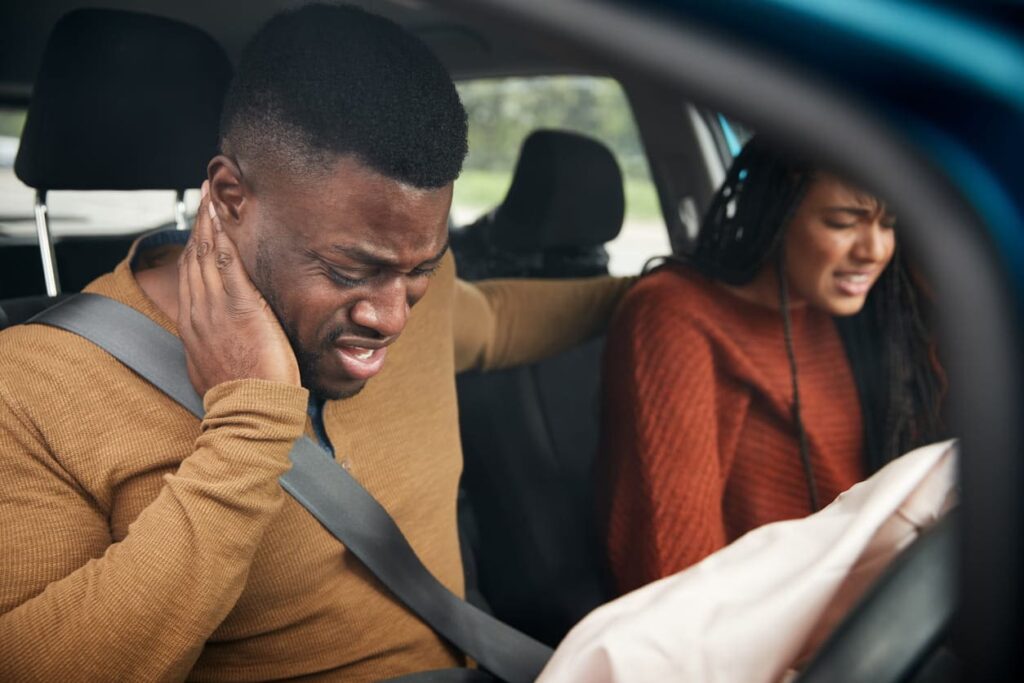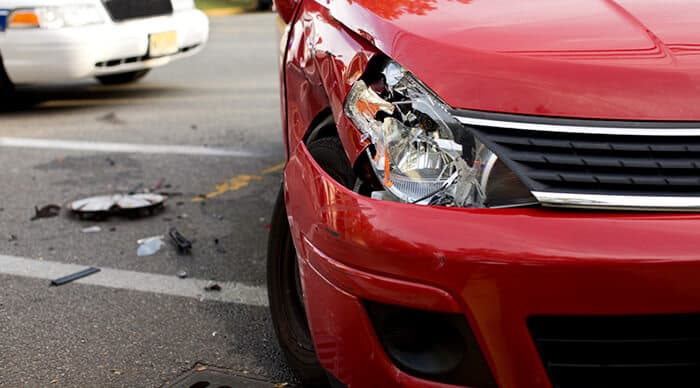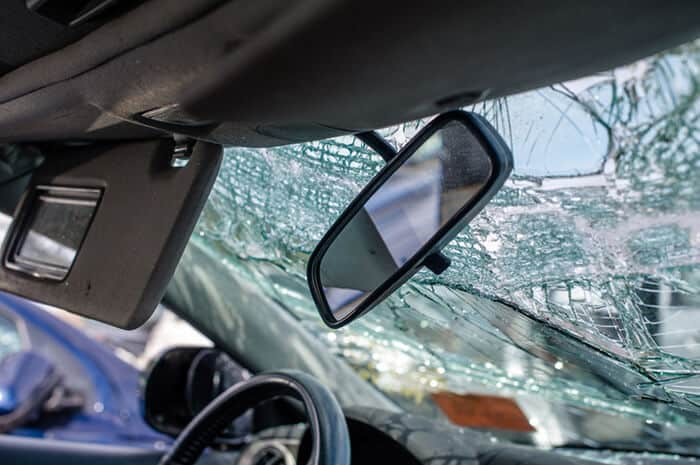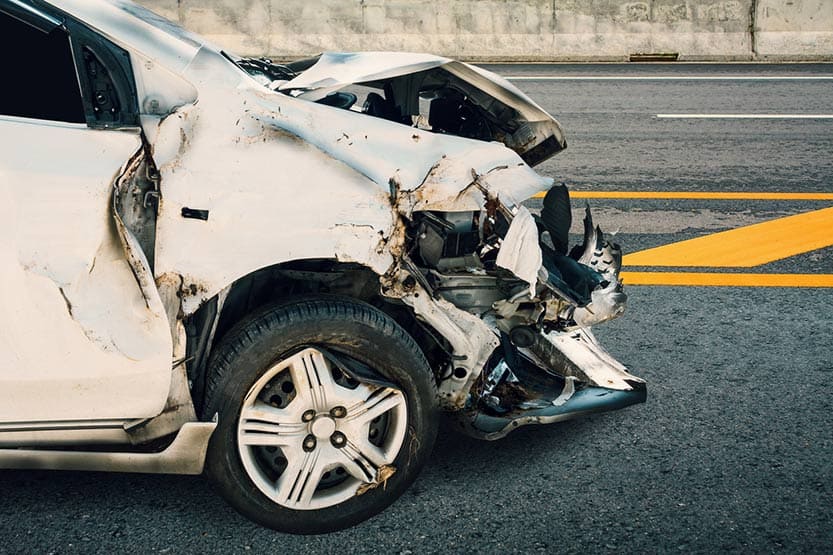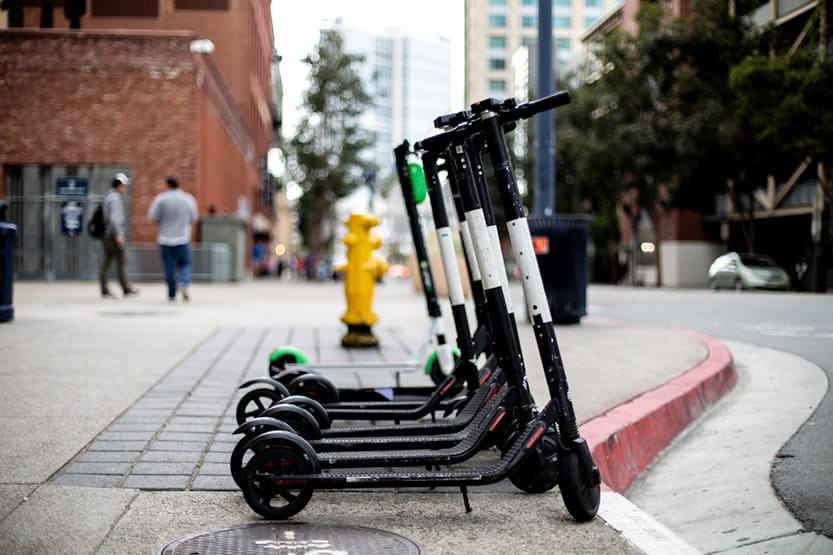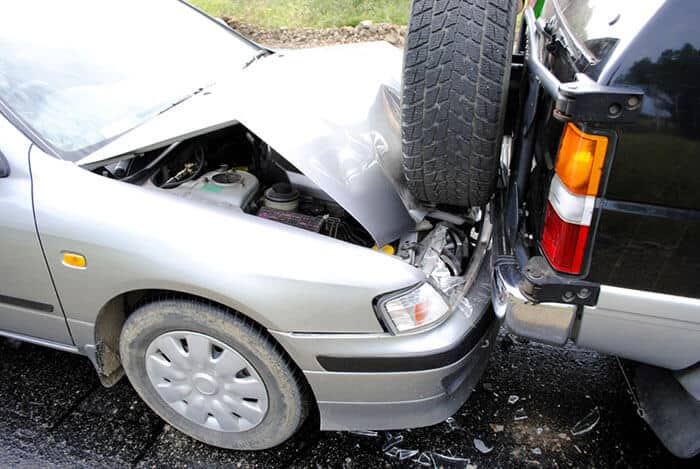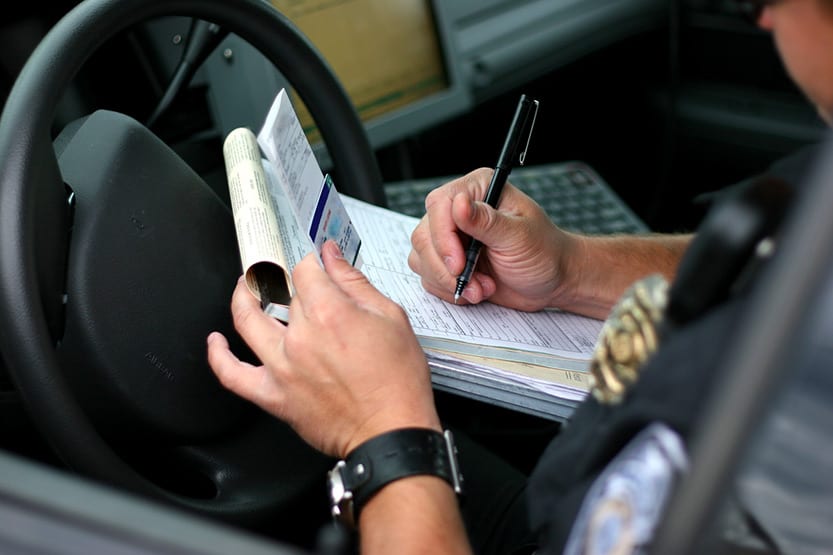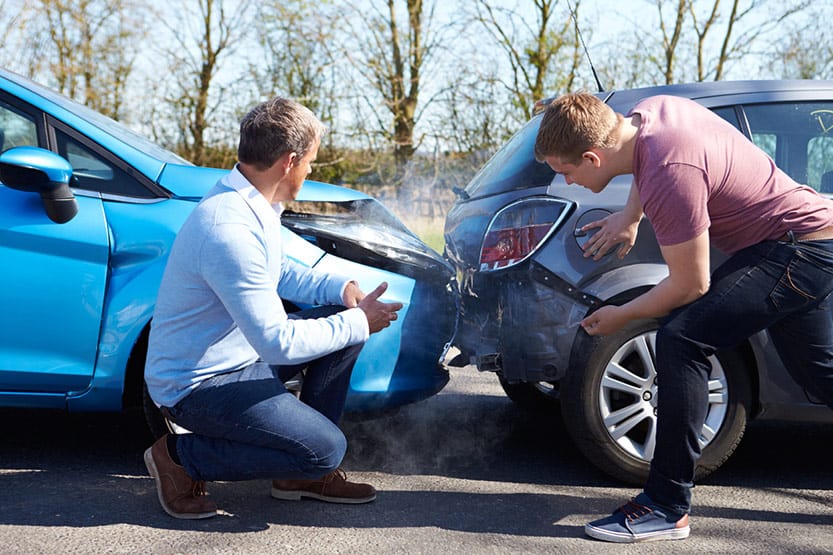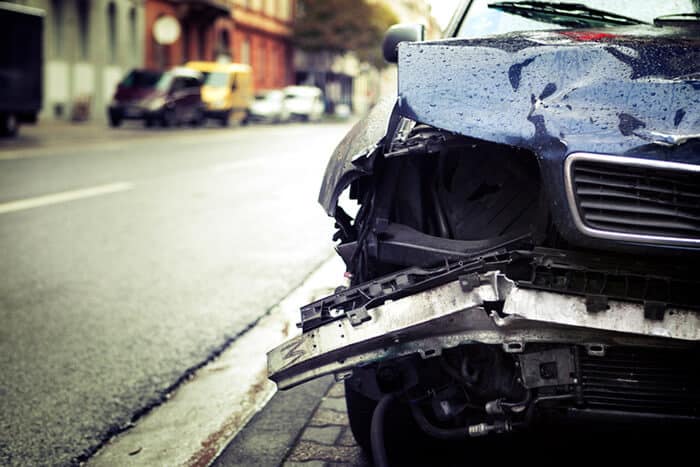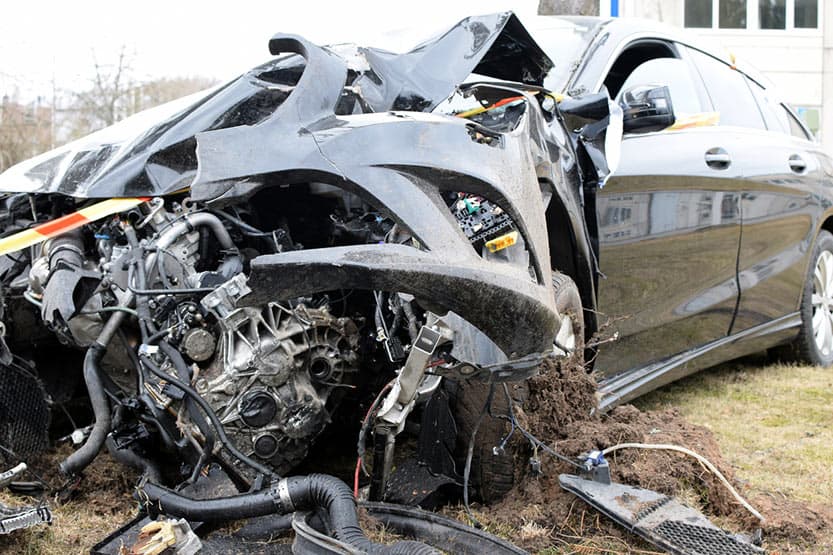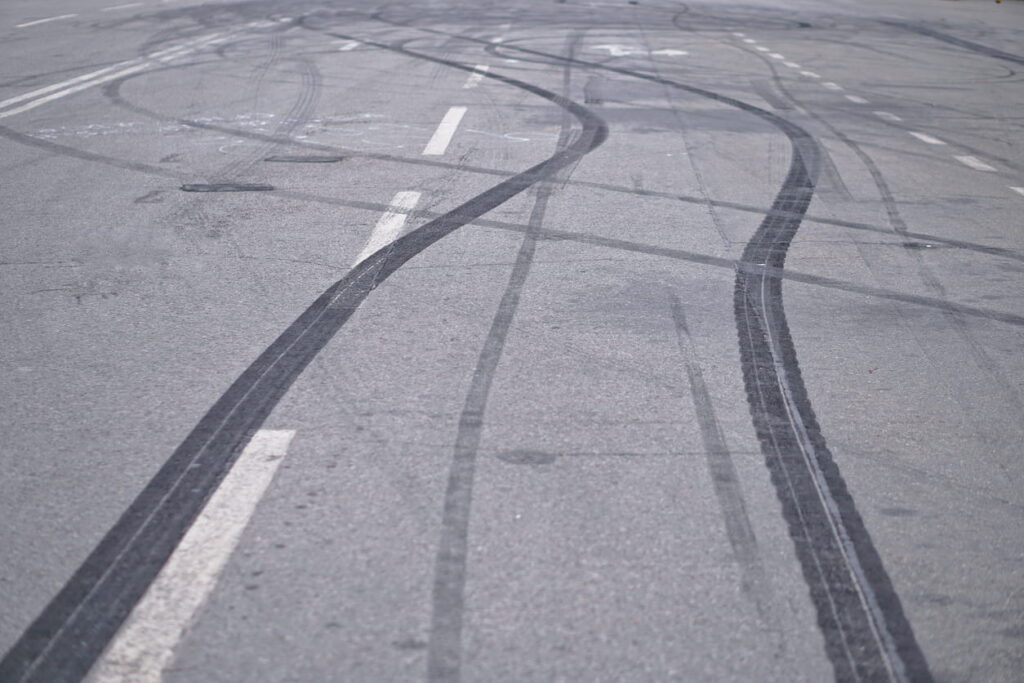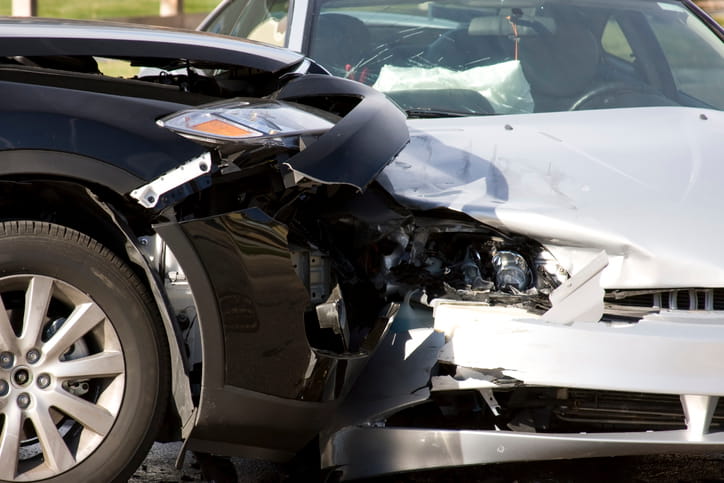HOW DO YOU CALCULATE THE DIMINISHED VALUE OF A VEHICLE?
After an accident, the insurance company should pay you for the cost of repairs. But even though you can repair your vehicle, it still has an accident history. In other words, there’s no such thing as “as good as new” when it comes to damaged vehicles.
Bachus & Schanker Wins – Over $1 Billion Recovered
- What Is Diminished Car Value?
- Diminished Car Value
- How Do You Calculate the Diminished Value of a Vehicle?
- How Does an Insurance Company Determine the Value of Your Car?
- How to Calculate Diminished Value in Colorado?
- Colorado Diminished Value Claims
- How to Get the Most for Your Diminished Value Claim in Colorado?
- How Our Denver Attorneys for Car Accidents Can Help?
- Related Car Accident Resources
- You Deserve Fair Compensation
When an accident occurs, and your vehicle is totaled, the insurance company pays you for the value of the vehicle immediately before the crash. But if it’s reasonable to make repairs, the insurance company should pay for the repairs. When they pay for repairs, they should also pay you an additional amount. That additional amount should compensate you for the fact that your vehicle has an accident history and isn’t worth what it was worth immediately before the accident. Our Colorado car accident lawyers explain what you need to know about how to calculate the diminished value of a vehicle in Colorado.
What Is Diminished Car Value?
Diminished car value is the loss in value that your car has because of an accident. It’s not the cost of repairs. Diminished car value accounts for the fact that you can never remove the circumstance that your vehicle has an accident history. It is the loss in value that occurs because a car that has been in an accident doesn’t have the same market value as an accident-free car.
Diminished Car Value
It’s easy to confuse the diminished car value with the cost of repairs. They’re different things. The cost of repairs is what it takes to get your car into working condition again. Actually, it minimizes the diminished value of your car by restoring it to the best condition possible.
Related Reading: What To Do If Your Car Is Totaled After An Accident
Diminished value is the reduction in the market value of your vehicle that’s inescapable because of the car’s accident history. Although it’s tied into replacement costs for even minor damage like that caused by a rear-end collision, diminished value is separate and in addition to the costs of repairs after an accident.
How Do You Calculate the Diminished Value of a Vehicle?
To calculate the diminished value of a vehicle, you take the following steps:
- Determine the value of the vehicle immediately before the accident.
- Determine the value of the vehicle after repairs.
- Subtract the amount after the accident from the amount before the accident.
The remaining amount is the diminished value of a vehicle.
How Does an Insurance Company Determine the Value of Your Car?
An insurance company has several methods to determine the diminished value of your car. They might look at third-party resources like Kelley Blue Book and Edmunds. In addition, the insurance company might look at other, similar vehicles that have recently sold in the area. They may consider the price that you paid for the car as well as wear and tear, major repairs, and any accidents that have happened since you bought the vehicle.
Remember, they’re determining the value of your car before the accident. They don’t look at the cost to replace the vehicle or even what you paid for the vehicle when you bought it. Instead, the insurance company wants to know what your vehicle was worth on the day of the crash compared to what it’s worth now.
How to Calculate Diminished Value in Colorado?
To calculate diminished value in Colorado, calculate the fair market value of the vehicle both before and after the accident. Look at the market value of the vehicle after you make repairs. Colorado law allows accident victims to collect diminished value compensation. You should add an amount for diminished value and include it in your claim for compensation along with your claim for the cost of repairs.

Colorado Diminished Value Claims
Colorado has a long history of allowing diminished value claims in third-party car accident actions. When you’re the victim of a car accident, you may bring a claim to the insurance company of the driver at fault for the accident. Colorado law allows you to collect compensation not only for the costs of restoring your vehicle to a drivable condition but also for the fact that your vehicle is reduced in value.
In fact, the Colorado Supreme Court has affirmed the right to collect for diminished value in two old, long-standing cases that are still valid law today. In the Trujillo v Wilson case from 1948, the court said that repair costs are separate from diminished value. The court noted that the State of Colorado recognizes diminution of value claims in a third-party car accident tort claim. Likewise, in the 1923 case, Larson v Long, the court said that diminished value is a necessary element of damages to recognize and account for the fact that a vehicle has been in an accident.
How to Get the Most for Your Diminished Value Claim in Colorado?
Remember that the insurance company is contractually obligated to pay claims fairly and in good faith. If they refuse to pay your claim in good faith, you don’t have to give up. You can negotiate with the insurance company. You can also bring a claim in court for fair compensation as long as you do so within Colorado’s statute of limitations.
When you don’t think the insurance company is offering you fair compensation for diminished value, you can provide the insurance company with additional information. Let them know why you believe they’re not valuing your vehicle fairly. Sometimes, the insurance company reconsiders and offers you a fair payment. Other times, you need to file a formal claim for compensation in a Colorado court.
How Our Denver Attorneys for Car Accidents Can Help?
Have you been in a car accident in Colorado? Is the insurance company trying to give you the run around when it comes to diminished value? You have rights. Our Denver injury lawyers can help.
When you work with the Colorado legal team of Bachus & Schanker, LLC, you get a trained, experienced, and passionate team of advocates fighting for you. We know how to help the insurance company recognize that they owe you fair payment for your diminished value claim and any car accident injuries you may have. We don’t stop until you have the compensation that you deserve.
We are a fully equipped law firm devoted to representing deserving accident victims. We are conveniently located at 5 Colorado locations near you in Denver, Fort Collins, Colorado Springs, Aurora, and Englewood. Our attorneys are ready to serve you and fight for the compensation you deserve. Call us today for a free and confidential consultation about your claim.
Related Car Accident Resources
You Deserve Fair Compensation
Don’t let the insurance companies intimidate you into accepting less than you deserve. We’re ready to fight for you.

Written and Legally Reviewed By: Kyle Bachus
4.6 ★★★★★ 1,461 Google Reviews
Kyle is a member of the Colorado and Florida Bar associations and has served on the Board of Directors of the Colorado Trial Lawyers Association for more than twenty years in total. Over the years, Kyle has achieved justice for many clients. He has served on numerous committees and repeatedly won recognition from his peers at both the state and national level. He is proud of the role he has played in the passage of state and national legislation to protect consumers and is a frequent speaker and guest lecturer.









